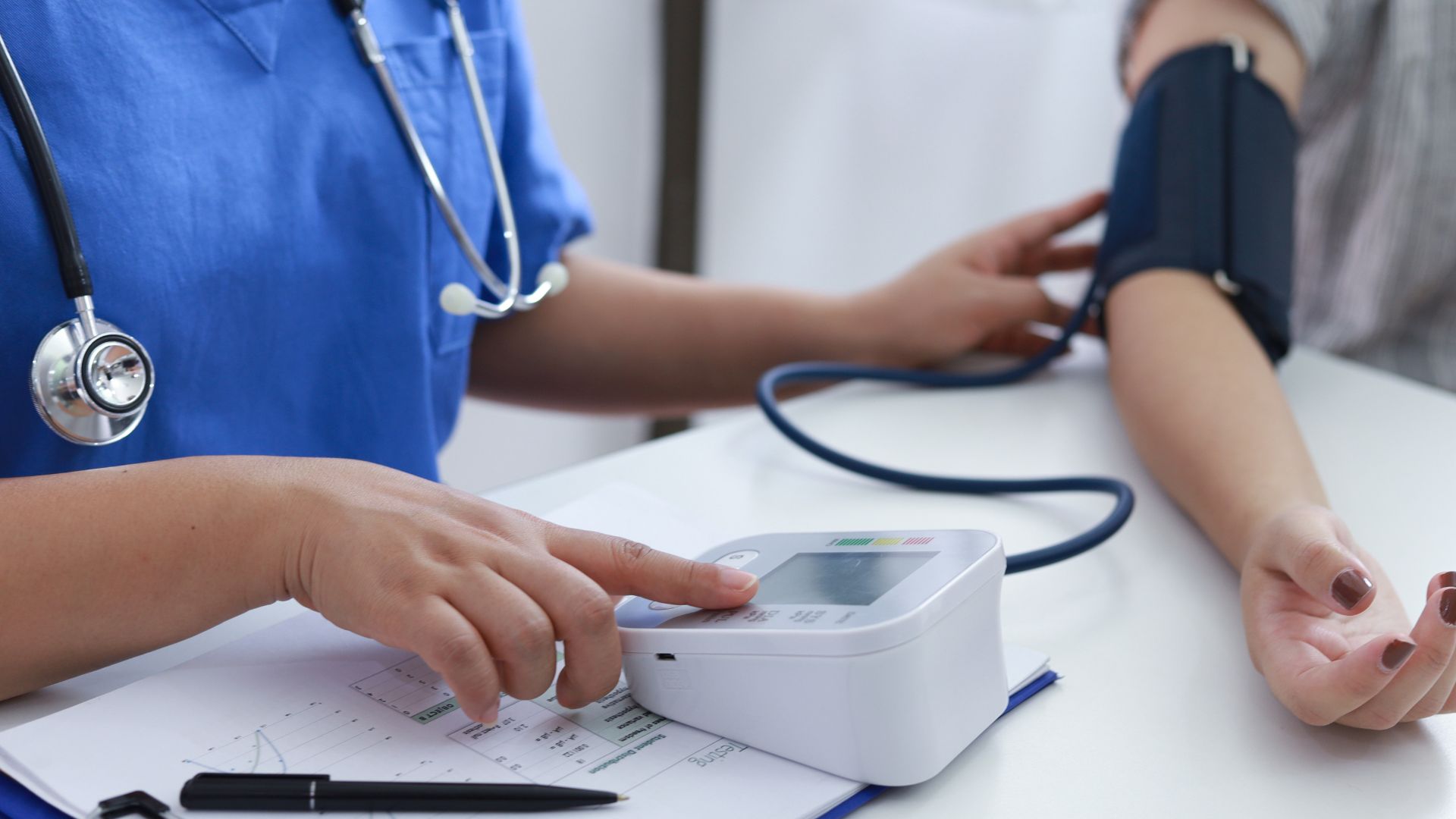Introduction to Pulmonary Hypertension
A chronic illness called pulmonary hypertension is defined by high blood pressure in the lungs’ arteries. If treatment fails, this high blood pressure can cause a strain on the heart and result in serious complications. Maintaining general health and well-being requires knowing how to properly treat pulmonary hypertension with self-care techniques.
Understanding Self-Care
An essential component of managing pulmonary hypertension is self-care. It means playing an active role in one’s health by implementing various strategies to enhance wellness and reduce symptoms.
Medication Management
Medication adherence is one of the cornerstones of the management of pulmonary hypertension. To help control symptoms and prevent the progression of their disease, patients need to take their medications as directed by their doctors with diligence. Pulmonary vasodilators, diuretics, anticoagulants, and other medicines intended to treat underlying illnesses may be among them.
Lifestyle Modifications
Lifestyle changes can have significant effects on managing pulmonary hypertension in addition to medication. Consuming a diet high in fruits, vegetables, and lean proteins, and low in salt can help control blood pressure and lessen the strain on the heart. Regular exercise can also enhance general health and cardiovascular health when done under a doctor’s supervision.
Monitoring Symptoms
To identify changes in the state of hypertension, it is important to keep an eye on symptoms. Patients should be alert for indicators that their symptoms are getting worse, such as exhaustion, fainting, shortness of breath, and chest pain. Timely action can help prevent problems and enhance results.
Stress Management
Anxiety and stress can make pulmonary hypertension symptoms worse. Deep breathing, mindfulness, and meditation are a few stress-reduction strategies that can be used to reduce psychological suffering and enhance the overall quality of life.
Support Network
Creating an effective support system is crucial for people with pulmonary hypertension. Making connections with other patients, caregivers, support groups, and medical professionals can help along the way by offering emotional support, useful guidance, and encouragement.
Avoiding Triggers
Effective management of pulmonary hypertension requires recognition and avoidance of triggers that can exacerbate symptoms. Smoking, high altitudes, harsh temperatures, and various medications are common triggers. Patients can have more control over their illness by reducing their exposure to certain triggers.
Sleep Hygiene
Getting sufficient rest is critical for overall health and well-being, particularly for those who have pulmonary hypertension. Good sleep hygiene can help enhance the quality of your sleep and lessen weariness. Some examples of good sleep hygiene involve maintaining a regular sleep schedule, setting up a comfortable sleeping environment, and avoiding stimulants before bed.
Managing Comorbidities
Many individuals who have pulmonary hypertension also have additional underlying medical issues that need to be taken care of. To maximize results, addressing comorbidities like heart disease, lung disease, and sleep apnea must be done in addition to treating hypertension.
Education and Awareness
A key component of self-care is empowering patients through education and increasing awareness about pulmonary hypertension. Patients can actively participate in their healthcare journey and improve outcomes by being aware of their illness and advocating for themselves.
Financial Management
It might be difficult to manage the financial implications of pulmonary hypertension. To lessen the financial burden of medical expenses, patients should look into community resources, insurance coverage choices, and patient aid organizations.
Travel Tips
Planning and preparedness are essential while traveling with pulmonary hypertension. Before departing, patients should speak with their healthcare professional to determine whether they are fit to travel and to discuss any possible dangers. Having the right paperwork, medical supplies, and prescribed medications with you can guarantee a smooth and secure travel.
Ongoing Monitoring and Adjustments
Due to the constantly changing nature of hypertension, treatment regimens must be modified and monitored. Maximizing results and preserving overall wellness need routine check-ups with medical professionals and candid conversations regarding symptoms, concerns, and treatment objectives.
FAQs
Is pulmonary hypertension curable with self-care alone?
While self-care is essential for controlling pulmonary hypertension, it is not a treatment. When combined with medical treatment, it can help reduce symptoms, enhance the quality of life, and slow down the progression of the disease.
Can I exercise if I have pulmonary hypertension?
For those with hypertension, exercise can be helpful, but it’s crucial to do so under a doctor’s supervision. Low-impact exercises like swimming, cycling, and walking could be advised.
What should I do if I experience worsening symptoms?
You must get in touch with your healthcare practitioner right away if you observe symptoms like weariness, chest pain, or increasing shortness of breath getting worse. They can assess your condition and modify your treatment regimen as necessary.
Are there support groups for pulmonary hypertension patients?
Yes, people with pulmonary hypertension can find support from groups and online networks. During your journey, these groups might offer helpful encouragement, information, and support.
How can I manage the financial costs associated with pulmonary hypertension treatment?
Several resources are available for helping in managing the cost of treating pulmonary hypertension, such as insurance coverage alternatives, patient assistance programs, and nonprofit groups that offer financial support. Investigate these choices and stand up for yourself.
Related Articles:
